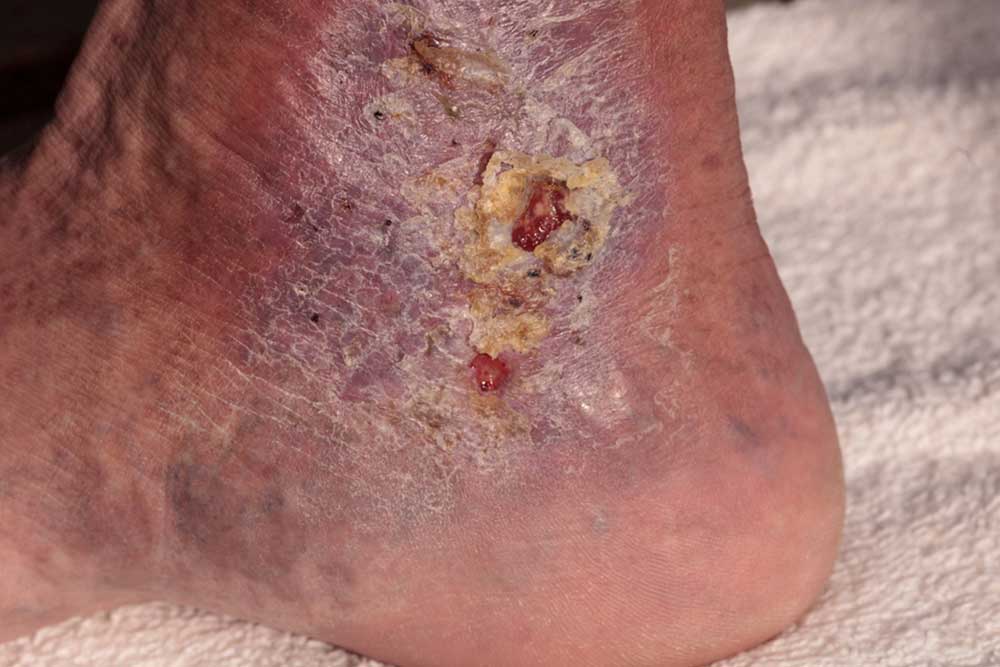Causes and Symptoms of Cellulitis
Cellulitis is a very common bacterial skin infection. However, the fact that it is common does not stop it from being fatal at times. The skin is an essential part of the human body which shields people from harm and its compromise can cause serious damage to anyone. The affected skin attacked by cellulitis starts to appear swollen and red, and it is typically known to be painful and warm to the touch.

Causes
Cellulitis is caused when bacteria, most commonly streptococcus and staphylococcus, enter through a cut or break or crack on one’s skin. The incidence of a more serious infection by this type of bacteria is called, in medical terms, as methicillin-resistant Staphylococcus aureus, or MRSA. It is a highly increasing kind of cellulitis. Although cellulitis is probable to occur anywhere on a patient’s body, the most common location is the lower part of one’s leg.
Bacteria and other harmful organisms are most likely to enter disrupted areas of the skin and through it other parts of the body. The risk increases if:
- You had recent surgery
- You have cuts
- You have or had puncture wounds
- You have ulcer
- You have athlete’s foot
- You have dermatitis
Animal bites can cause cellulitis. Bacteria can also enter the body through areas of dry, flaky skin or swollen skin.
Symptoms
There are many possible signs and symptoms of cellulitis, which usually occur on any one particular side of the body. These are indicative of what causes cellulitis. These symptoms include:
- A small or medium range red area of skin that tends to expand as time passes
- Swelling of particular parts of the limbs
- Tenderness or unusual softness of the skin in specific sections
- Pain or irritation on the skin
- Warmth or rise of skin temperature
- Fever, especially constant and recurrent bouts of it
- Red spots on the skin
- Blisters, which are often unprecedented
- Skin dimpling
Episodes of cellulitis which recur may damage many basic systems of the body and also cause chronic swelling of the affected limb. In some rare cases, the infection can spread to the deep layers of body tissues, which is called the fascial lining. Being aware of what causes cellulitis and seeking appropriate medical consultation is extremely important before you start any kind of medication.